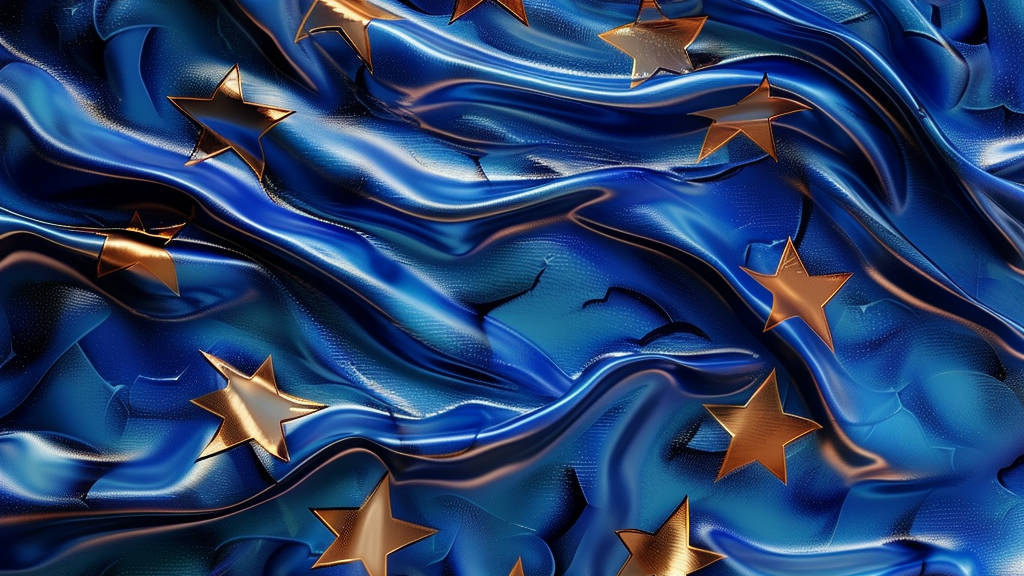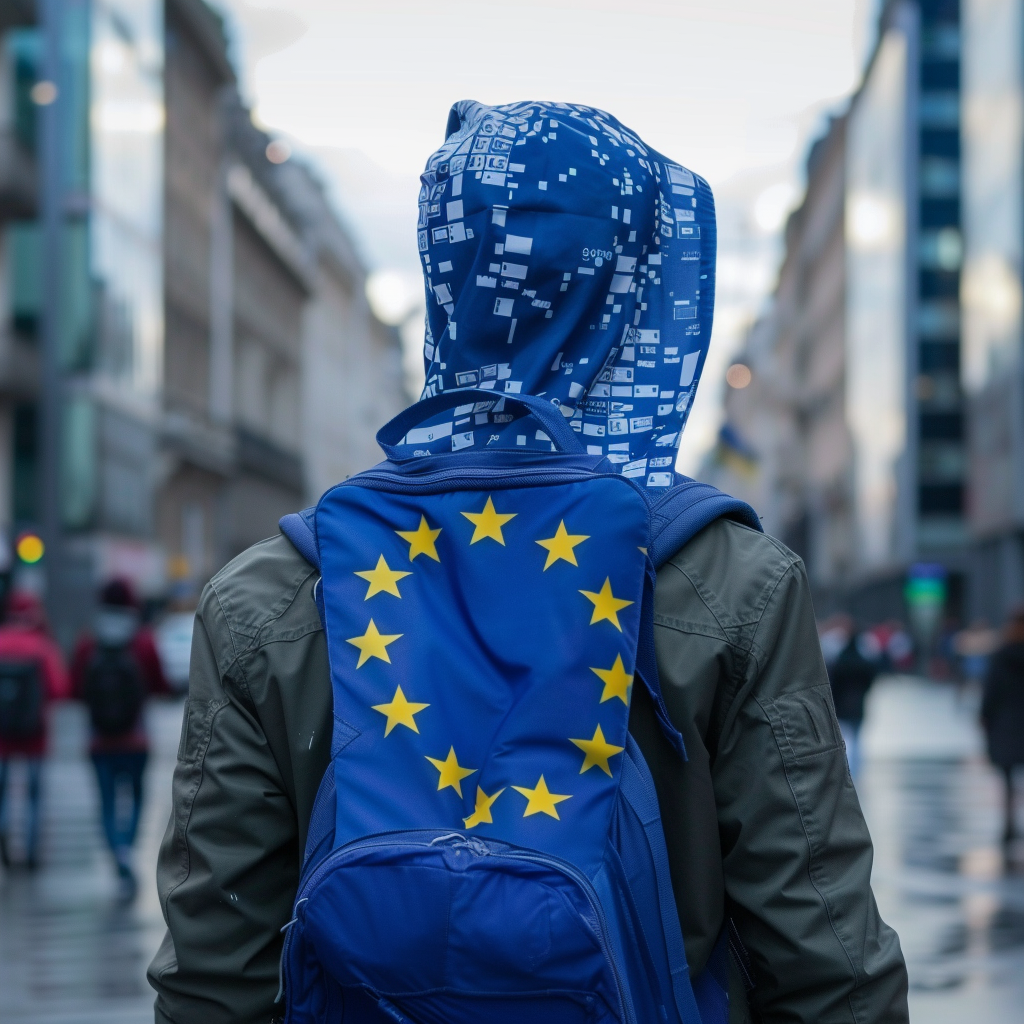Europe is at a critical crossroads, where its traditional regulatory force, known as the "Brussels Effect," is facing an unprecedented challenge in the age of artificial intelligence (AI). As the European Union moves forward with the AI Act, an ambitious regulation aimed at guiding the development and application of AI, a fundamental question arises: Will this regulation propel Europe towards a leading position in the global technological arena, or will it relegate it to the background?
The AI Act and the challenge of maintaining the Brussels effect
Europe has historically stood out for its ability to exert significant regulatory influence at the global level, setting precedents that go beyond its geographical borders. A clear example of this influence is the General Data Protection Regulation (GDPR), introduced by the European Union. The GDPR sets out strict guidelines on the collection, use, and management of European citizens' personal data, forcing companies around the world to adopt more rigorous privacy and data security practices. This regulation has redefined the way data privacy is treated globally, serving as a model for similar legislation in other jurisdictions.
Another emblematic example of European regulatory influence is the adoption of the USB-C port as the standard for electronic devices. This initiative seeks to simplify and unify charging and data transfer systems, promoting efficiency and reducing electronic waste. By imposing this standard, the EU not only affects the production and design of devices within its internal market, but also encourages global manufacturers to follow this model, highlighting how European policies can set technological trends adopted globally.
The AI Act
However, the AI Act raises questions about whether this influence will be maintained in the field of AI. Some argue that rather than encouraging innovation, regulation could hinder Europe's technological advancement, at a time when generative AI promises to radically transform the global economy.
McKinsey estimates that AI could have an economic impact of between $17 trillion and $25 trillion, with generative AI contributing $6 trillion to $8 trillion. This figure is comparable to the GDP of the European Union, underscoring the potential of AI to be a transformative economic force. However, investment in AI in Europe pales in comparison to that of the United States, where it has invested approximately ten times more in the last decade.
The introduction of the Artificial Intelligence Act (AI Act) in Europe has generated intense debate about its impact on the startup ecosystem, especially those specializing in AI. The main concern lies in how this regulation could affect the competitiveness and innovation capacity of these start-ups in a global scenario.
A study conducted by a coalition of AI-focused institutions reveals that 73% of venture capitalists surveyed anticipate that the AI Act will significantly reduce or decrease the competitiveness of European startups in AI. About 33% to 50% of the startups surveyed would classify their AI systems as high-risk under the current classification, thus subjecting them to the obligations of the EU's AI Act. This percentage far exceeds what the European Commission had assumed in its impact assessment of the AI Act (5-15%). In addition, 16% of AI startup founders would consider halting AI development or relocating outside the EU due to these regulations.
This regulatory scenario presents a particularly pronounced challenge for startups developing AI systems considered "high risk." These companies will not only have to comply with the general obligations of the AI Act, but also establish contractual arrangements to exchange relevant information with their customers, adding an additional layer of complexity and burden.
The disparity in innovation and productivity
The gap between Europe and other leading technology regions, especially the United States, has widened in recent years. This gap is not only reflected in stock market valuations and productivity levels, but also in the global presence of technology companies. Europe has limited representation among the World's Most Valued Companies , and the difference in size is notable, with giants like Microsoft outperforming the combined value of all companies in key European stock indices.
This regulatory framework presents challenges for European companies, which must navigate an environment of increased regulation and potential additional costs. The key for Europe will be to find the balance between fostering innovation and ensuring AI that aligns with ethical and responsibility values, enabling the region to not only compete but lead in the age of emerging technology.
In the specific AI sector, the situation is even more worrying. The lack of significant investment in Europe is exemplified by the case of MistralAI, a French startup whose funding comes mainly from US funds. In addition, the late arrival of advanced language models from companies such as Google and Microsoft in Europe indicates a significant barrier to access to cutting-edge technologies.

The case of Mistral AI, a generative AI startup based in Paris, illustrates the concern of the sector. Despite having closed a significant Series A funding round, the newly agreed European AI regulations could hinder progress of smaller startups like Mistral, which could further delay Europe in the global AI race .
Consequences of Rigorous Regulation
European regulation, while well-intentioned in its effort to mitigate the risks associated with AI, could have unintended consequences. By classifying advanced language models as high-risk based on their computational capacity, without specifying the specific risks, the AI Act could hinder innovation. In the near future, a European startup capable of developing an advanced language model could face regulatory barriers that delay or prevent its commercialization.
The AI Act, still under negotiation and subject to change, outlines several AI Risk Categories and the rules applicable to each. While AI solutions that pose an "unacceptable risk" will be banned, other "high-risk" systems will be subject to strict monitoring and auditing. This regulation will apply to all companies that produce AI models, including startups, that wish to operate in the EU market .
The battle for supremacy in AI is also being fought in the patent arena, where companies such as Tencent, Baidu, IBM, and Samsung lead with an impressive number of active AI patents. This indicator not only shows the commitment of these companies to innovation in AI, but also underscores the Europe's lagging position in this crucial area for technological development. Patents not only reflect the capacity for innovation, but are also a thermometer of global technological competence, where Europe must intensify its efforts not to be left behind

The motto: Towards a competitive future?
Europe is at a turning point. To stay ahead in the next industrial revolution, it's crucial that you rethink your approach to AI regulation. The need for a regulatory framework that balances innovation with security is indisputable, but this framework must also allow for the flexibility and support needed to foster technological growth and global competitiveness.
Despite these challenges, some voices in the industry point out that the AI Act will not only introduce new requirements, but will also introduce regulatory frameworks for AI testing and special channels of communication with regulators, which could offer some orientation and accelerate the commercialization of AI products in the European market .
This analysis suggests that, while the AI Act seeks to balance user safety and innovation while respecting European fundamental rights and values, its effective implementation and impact on AI startups in Europe will require careful consideration of compliance costs, technical and organizational complexity, and the potential effect on innovation and global competitiveness.
AI regulation in Europe is at a crossroads between protecting its citizens and promoting innovation. The AI Act represents an ambitious effort to set limits on the development and use of AI, but it also poses the risk of limiting Europe's potential on the global technological stage. Europe must seek a balance that not only mitigates risks but also embraces the opportunities that AI offers. Only then will it be able to secure its place at the forefront of the next industrial revolution.
